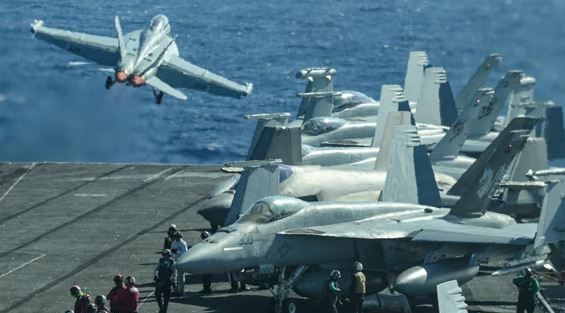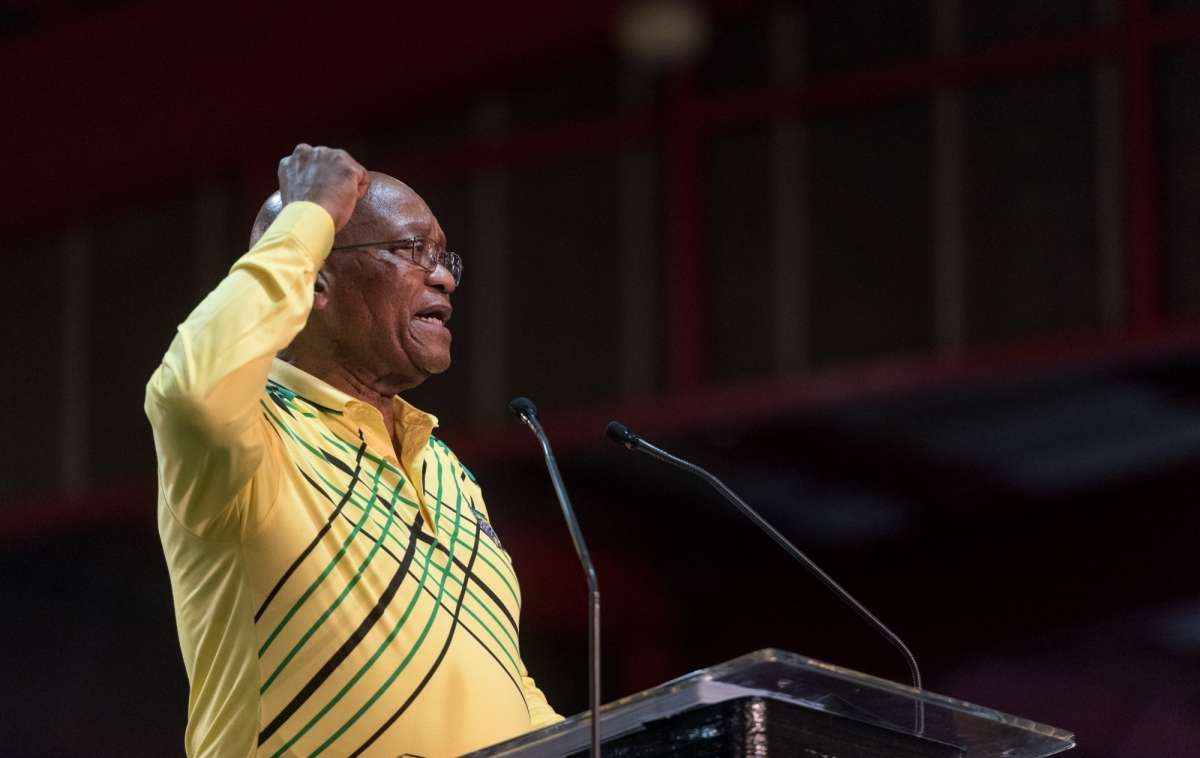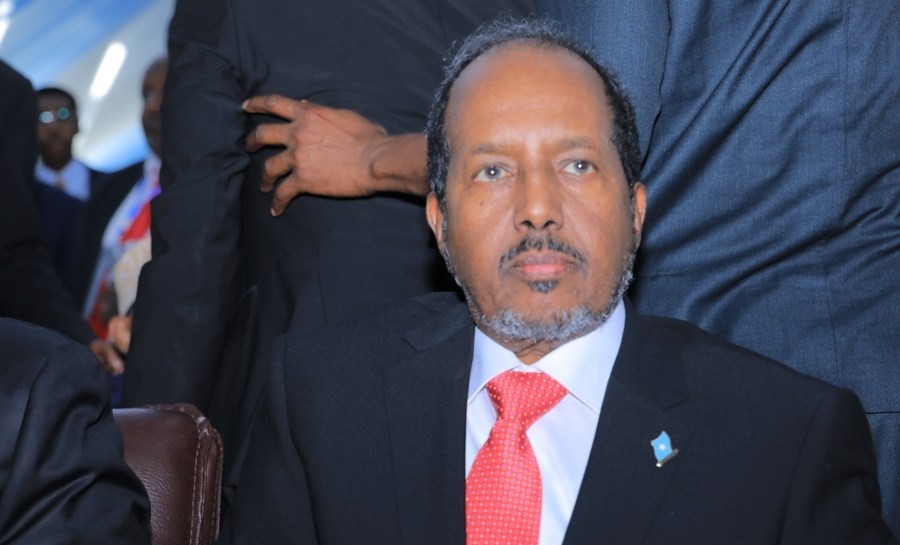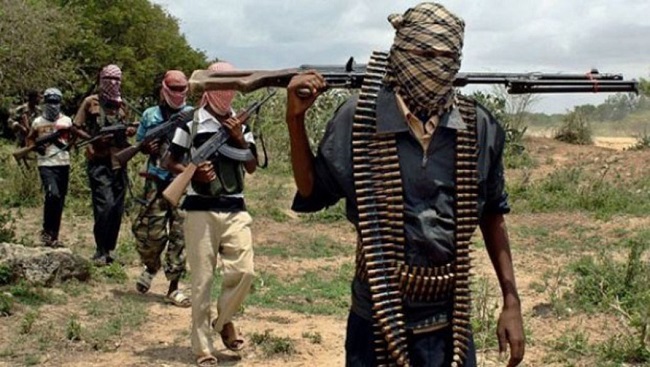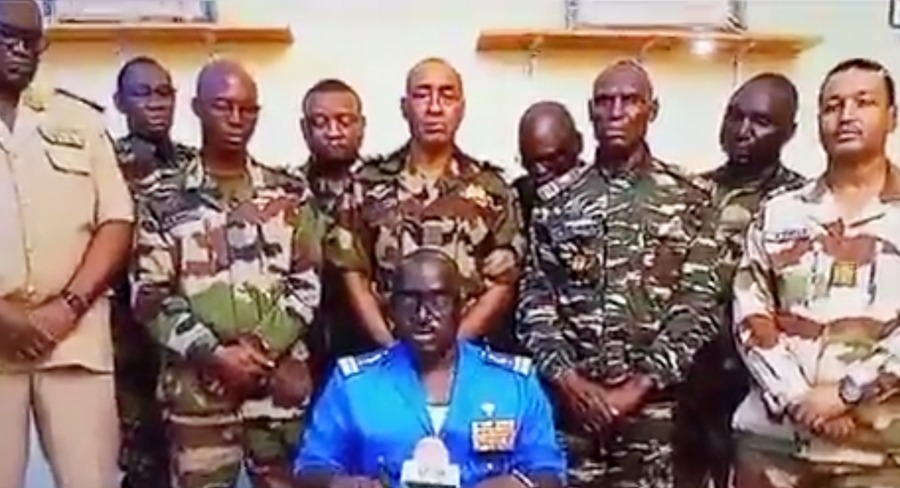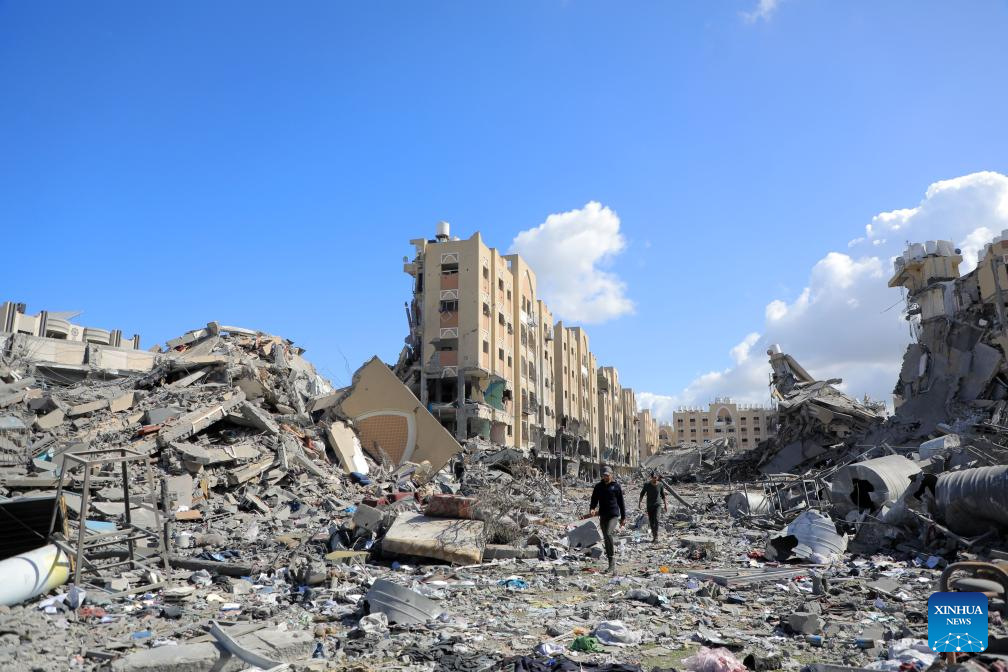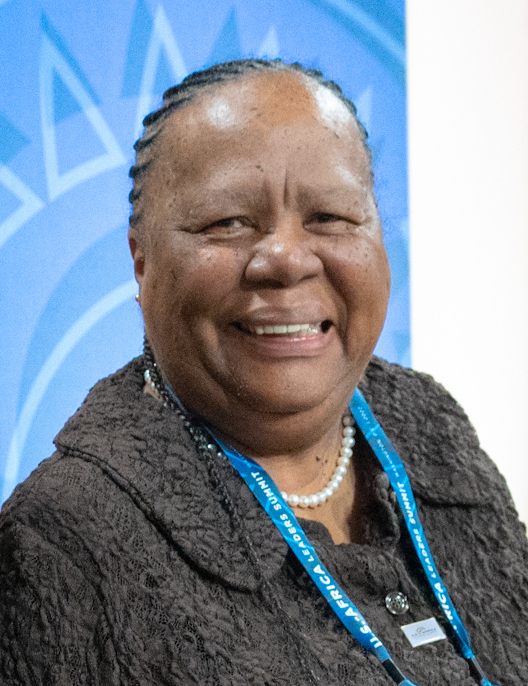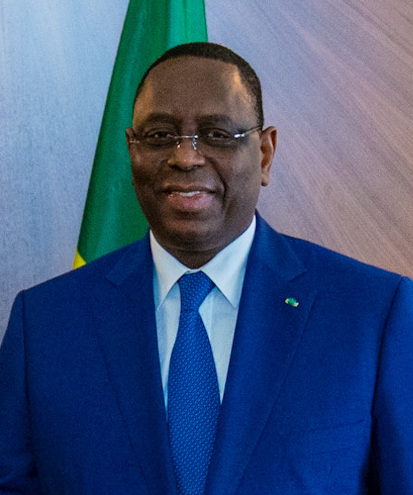Lenderking will meet regional officials to discuss ways to deescalate the crisis and “renew the focus on securing a durable peace for the Yemeni people”…reports Asian Lite News
The US special envoy for Yemen will visit Saudi Arabia and Oman this week for talks on recent attacks by the Houthi militia on vessels in the Red Sea and surrounding waterways, which have disrupted international maritime traffic, the US State Department said on Monday.
Tim Lenderking will meet officials in Riyadh and Muscat “to discuss the need for an immediate cessation of Houthi attacks in the Red Sea and Gulf of Aden, which are undermining progress on the Yemen peace process and the delivery of humanitarian assistance to Yemen and other countries in need,” it added.
The Houthi campaign of drone and missile attacks targeting shipping in the Red Sea began in November. The group has said their intention is to apply pressure on Israel to halt its war in Gaza.
The US and UK have responded by launching airstrikes targeting Houthi sites in Yemen to prevent the group from endangering freedom of navigation and threatening global trade.
“The United States remains firmly committed to supporting a durable peace in Yemen and alleviating the complex humanitarian and economic crises harming the Yemeni people,” the State Department said.
Washington “supports a return to UN-led peace efforts once the Houthis halt their indiscriminate attacks,” it added.
Lenderking will meet regional officials to discuss ways to deescalate the crisis and “renew the focus on securing a durable peace for the Yemeni people.”
Military says it destroyed Houthi drones
The US military has said its forces destroyed one unmanned aerial vehicle in a Houthi rebel-held area of war-ravaged Yemen and another over a crucial shipping route in the Red Sea. It was the latest development in months of tension between the Iran-backed rebels and the US.
The drones, which were destroyed Saturday morning, posed a threat to US and coalition forces and merchant vessels in the region, the US Central Command said on Sunday.
It said that one done was destroyed over the Red Sea, while the second was destroyed on the ground as it was prepared to launch.
“These actions are necessary to protect our forces, ensure freedom of navigation, and make international waters safer and more secure for US, coalition, and merchant vessels,” CENTCOM said.
There was no comment from the Houthi rebels, which control much of Yemen’s north and west.
The rebels launched a campaign of drone and missile attacks on shipping in the Red Sea in November. They have also fired missiles toward Israel, although those have largely fallen short or been intercepted.
The rebels have described their campaign as an effort to pressure Israel to end its war on Hamas in the Gaza Strip. The ships targeted by the Houthis, however, largely have had little or no connection to Israel, the US or other nations involved in the war.
The Houthis have kept up their campaign of attacks despite more than two months of US-led airstrikes.
Earlier this month, CENTCOM said its forces also destroyed four unmanned aerial vehicles in Houthi-controlled areas of Yemen. It also said Houthis fired four anti-ship ballistic missiles toward the Red Sea, but no injuries or damages were reported by US, coalition or commercial ships.
The escalation in the Red Sea and the Israel-Hamas war in Gaza impacted the U.N.-led efforts to relaunch political talks to end Yemen’s yearslong conflict, according to the UN envoy for Yemen.
Hans Grundberg told the UN Security Council in mid-March that he had hoped to reach an agreement on a nationwide cease-fire in Yemen by the Muslim holy month of Ramadan, which began early in March.
He warned that Yemen could be propelled back into war, saying that “the longer the escalatory environment (in the region) continues, the more challenging Yemen’s mediation space will become.”
The war between the Houthis and pro-government forces backed by a coalition of Gulf Arab states has raged since 2014, when the Houthis swept down from the mountains, seized much of northern Yemen and the country’s capital, Sanaa, and forced the internationally recognized government to flee into exile to Saudi Arabia.
Since then, more than 150,000 people have been killed by the violence and 3 million have been displaced.
Fighting has decreased markedly in Yemen since a truce in April 2022, but there are still hotspots in the country.
Meanwhile, Houthi militia has issued a new 100-riyal coin for the first time in nearly a decade, a move that sparked the ire of the Aden-based central bank.
Hashem Ismael, the governor of the Houthi-controlled central bank, revealed during a news conference in Sanaa on Sunday that they had produced a new 100-riyal coin, which will go into circulation on Sunday and replace the damaged 100-riyal banknote.
ALSO READ: Israel bombs Iran embassy in Syria

